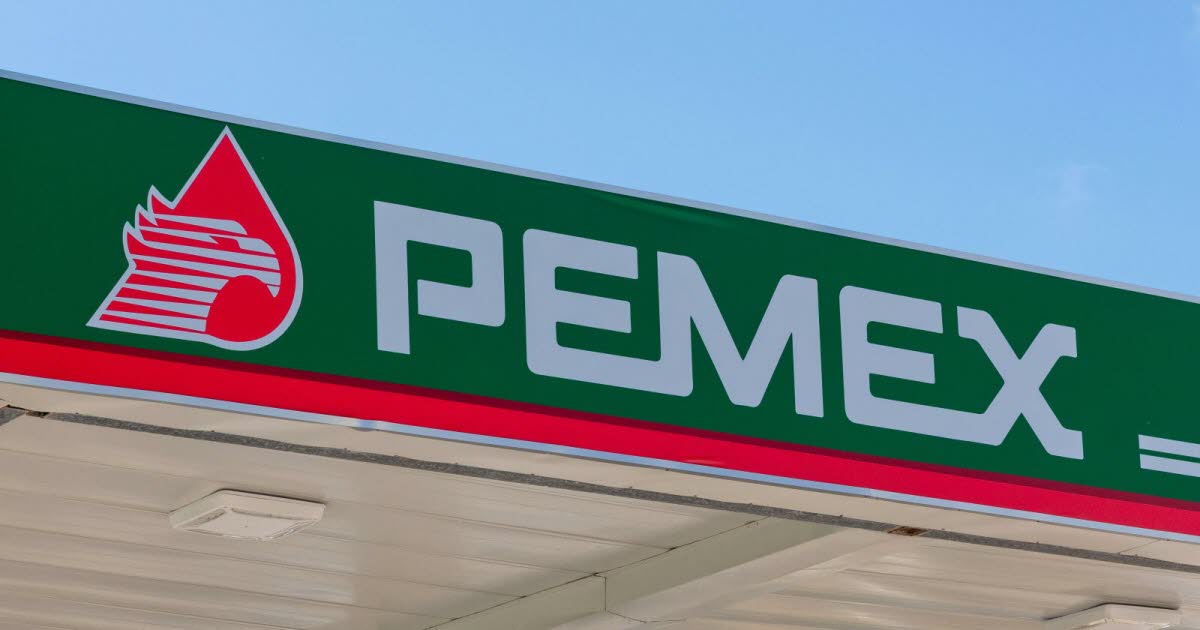An explosion and fire killed one person and injured 73 at the Williams Olefins <WMB.N> chemical plant in Geismar, Louisiana, on Thursday, unsettling an industrial town where authorities ordered people to remain indoors for hours to avoid the billowing smoke.

www.reuters.com
GEISMAR, Louisiana (Reuters) - An explosion and fire killed one person and injured 73 at the Williams Olefins
WMB.N chemical plant in Geismar, Louisiana, on Thursday, unsettling an industrial town where authorities ordered people to remain indoors for hours to avoid the billowing smoke.
The blast at 8:37 a.m. (1337 GMT) sent a huge fireball and column of smoke into the air. The plant along the Mississippi River, about 60 miles (100 km) from New Orleans, is one of 12 chemical plants along a 10-mile (16-km) stretch of the river.
The fire, fueled by the petrochemical propylene, burned for more than three hours, though government monitors had yet to detect dangerous levels of emissions, Louisiana Governor Bobby Jindal told a news conference near the scene.
“Once the investigations are done, once there’s a responsible party, they will absolutely be held responsible,” Jindal said.
Louisiana State Police said the victim was Zachary C. Green, 29, of Hammond, but gave no further information on him.
Some 300 workers from the plant were evacuated and all the employees were accounted for, among them 10 who stayed behind in a safe room inside the plant, Jindal said.
Emergency responders took 73 people to hospital, Jindal said, including at least five who were being treated at Baton Rouge General Hospital’s burn center, said Dr. Floyd Roberts, a physician there.
Plant operations were shut, and the company’s own emergency response crews were assisting at the scene, parent group Williams Cos said in a statement.
Authorities ordered people within a 2-mile (3-km) radius to remain in their homes, in part because of the smoke, said Lester Kenyon, a spokesman for Ascension Parish.
That “shelter in place” order was later lifted for residents but remained in effect for four other plants in the area that scaled down their operations, Jindal said.
“It’s a sad day in Geismar, and particularly for the Williams Olefins work family, and frankly for the petrochem community in this area,” Ascension Parish Sheriff Jeffrey Wiley said. “It’s an industry that practices safety every second of every day, but regrettably, things do happen.”
The same plant had an accident in 2009 when about 60 pounds (27 kg) of a flammable mixture was released, resulting in a fire that caused property damage but no injuries, according to the Right-to-Know Network, citing data from the U.S. Environmental Protection Agency’s risk management database.
The plant produces approximately 1.3 billion pounds (590 million kg) of ethylene and 90 million pounds (40 million kg) of polymer grade propylene per year, which are used to make plastics, according to the Williams website.
Only propylene was burning, officials said.
Williams operates the plant and holds an 83 percent stake in it, the company said.
Shares of Williams Cos fell as much as 4.3 percent on Thursday and ended the trading day down 1 percent.
With massive equipment operating under intense pressure and high heat, the petrochemical industry is particularly prone to occasional fires and explosions, most of which are quickly brought under control with limited injury or damage.
Southern Louisiana is home to a large share of the country’s petrochemical facilities and has seen at least two other blasts in the past two years.
An explosion at Geismar’s Westlake Chemicals vinyl plant sent a cloud of toxic vinyl chloride and hydrochloric acid over the town in March of 2012, and in June 2011 there was an explosion at a Multi-Chem Group plant in New Iberia, about 50 miles (80 km) from Geismar. Neither blast caused injuries.
Pressure on the industry to improve safety has increased since a 2005 blast at a BP
BP.L refinery in Texas City, Texas, killed 15 people and injured 170 in one of the worst such industrial accidents in decades.
An explosion at a fertilizer plant in West, Texas, that killed 14 people in April has also sharpened attention on handling of volatile chemicals. (Reporting by Karen Brooks, Francesca Trianni, Kathy Finn, Jonathan Leff, Michael Pell and Robert Gibbons; Writing by Daniel Trotta; Editing by Jackie Frank, Bernard Orr)
Our Standards:
The Thomson Reuters Trust Principles.

